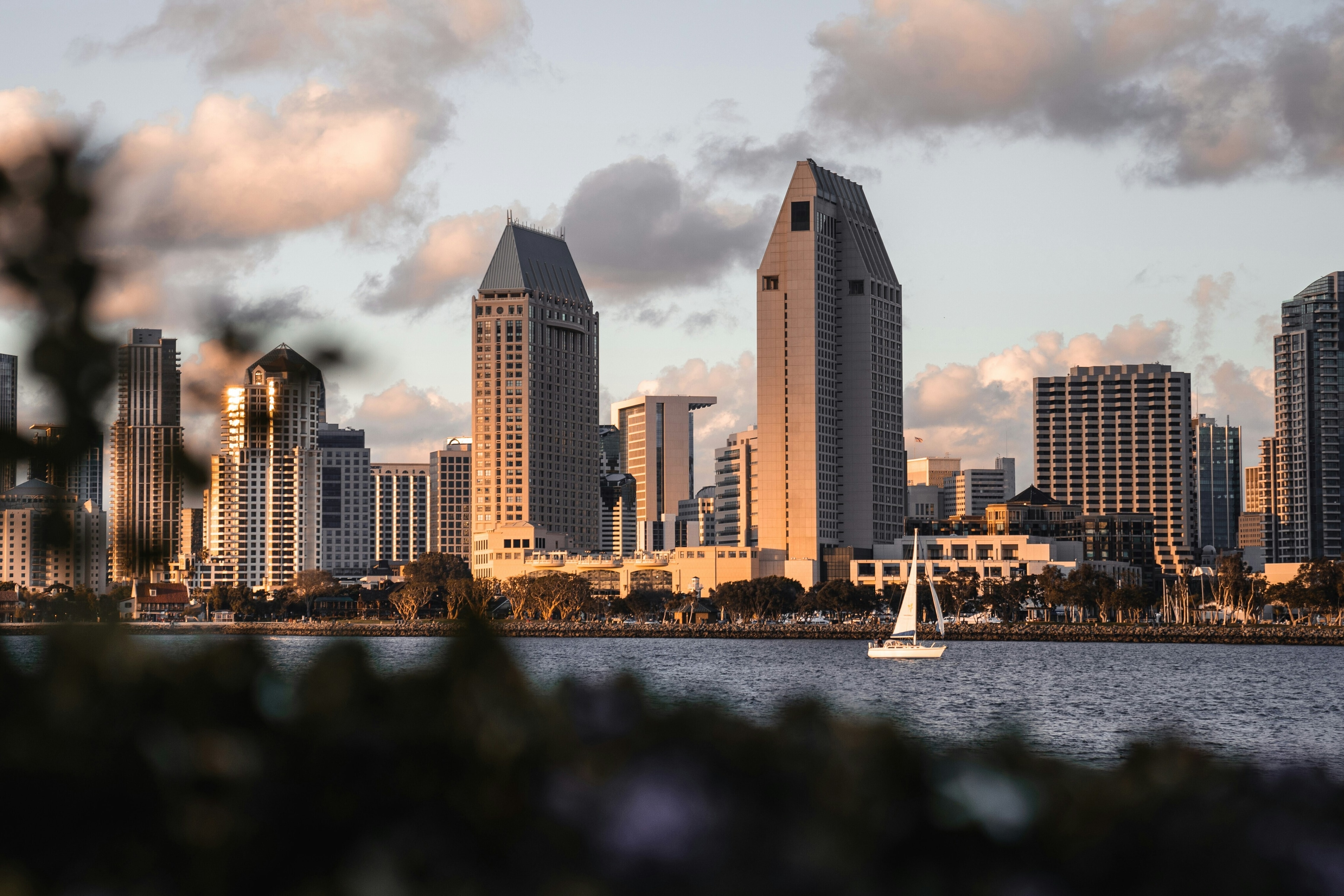3 ways technology can transform cities


Get involved with our crowdsourced digital platform to deliver impact at scale
Stay up to date:
The Digital Economy
Technology has unlocked the power to deliver city services – and improve the lives of citizens – on an unprecedented level. Here in the city of Boston, we recently highlighted three in particular that could revolutionize how cities operate:
#1 – CityScore
Governments oversee trillions of dollars annually, yet widespread use of data in the public sector is scant. The city of Boston sought to change that. First, we attached metrics to the Mayor Walsh’s qualitative vision — establishing daily-updating metrics on everything from the percentages of school buses that arrive on time to the breakdown of neighborhoods he visits. We set up four data dashboards in his office that showed this information in real-time:
In order to make the data actionable, however, we realized we needed a scoring mechanism to help us swiftly indicate how we are trending against our targets and allow us to act on them quickly. We’re calling this “CityScore.” Here’s a look at the methodology:
Anything above one means we are exceeding targets, anything below means we need improvement.
Here’s how it could look for a department: key metrics, but also a CityScore in the corner, in this case indicating that the metrics are collectively exceeding targets:
And here’s how it could look for the Mayor: one number to indicate the city’s performance overall, but also the top five and bottom five metrics. Mayor Walsh will be able to look at this display and make adjustments in near real-time:
We hope to partner with other cities to further develop CityScore, while knowing that these cities will weight variables differently based on their mayor’s own priorities. The implications of using data for expedited action in this way are limitless.
#2 – Less traffic through Waze
Traffic is an issue in any city worldwide. While infrastructure upgrades are of course a key to alleviating traffic, technology can allow for shorter-term fixes as well. For example, Boston has partnered with the traffic app “Waze,” which monitors everything from how fast users are driving on roads to where the double-parked cars are in the city. There are 450,000 Waze users in the Boston area.
The potential applications with this data are vast and its implications for improving traffic significant. For example, our traffic management center has cameras on key intersections throughout the city of Boston. Previously, we would synchronize the lights based mainly on the cameras. Now, we’ve built a Waze data dashboard directly into the camera array that the traffic engineers see, allowing for more data-driven decisions on how to synchronize the lights:
In addition, we’ve taken the double-parked car data that Waze has given us and targeted areas of heavy incidents. We’ve sent out strike teams of traffic officers on bikes to encourage cars to move, easing congestion and allowing for better traffic flow.
#3 – Making technology personal
Like other cities, Boston has launched a 311 app to allow a citizen to report everything from a piece of graffiti to a burnt-out streetlight. We’ve seen widespread adoption of digital reporting of issues: 39% of all cases thus far in 2015.
But we felt it important, in the age of this technology, to make sure the human touch remained. So, for example, when you report a pothole:
Not only do you get a photo of the filled pothole:
But you also get a photo of the team that repaired the pothole:
As technology transforms how cities operate, the human touch is indeed the one thing cities need to keep top of mind. Nothing will ever replace being out in the community, listening to people one-on-one, and having conversations. But the innovations highlighted above have the potential to remarkably improve the way cities deliver services to society – and transform the way government helps people.
Author: Daniel Arrigg Koh is Chief of Staff to the city of Boston and a Global Shaper from the Boston Hub.
Image: Traffic fills Exeter Street in the Back Bay in Boston, Massachusetts, United States June 13, 2015. REUTERS/Brian Snyder.
Don't miss any update on this topic
Create a free account and access your personalized content collection with our latest publications and analyses.
License and Republishing
World Economic Forum articles may be republished in accordance with the Creative Commons Attribution-NonCommercial-NoDerivatives 4.0 International Public License, and in accordance with our Terms of Use.
The views expressed in this article are those of the author alone and not the World Economic Forum.
The Agenda Weekly
A weekly update of the most important issues driving the global agenda
You can unsubscribe at any time using the link in our emails. For more details, review our privacy policy.
More on Urban TransformationSee all
Anna Paula Brito
May 15, 2024
Andrea Mechelli
May 15, 2024
Alison Hagan
May 15, 2024
Madeleine North
May 13, 2024
Jesse Saldivar, Alaina Ladner, Marc Starkey and Brittany Syz
May 13, 2024














